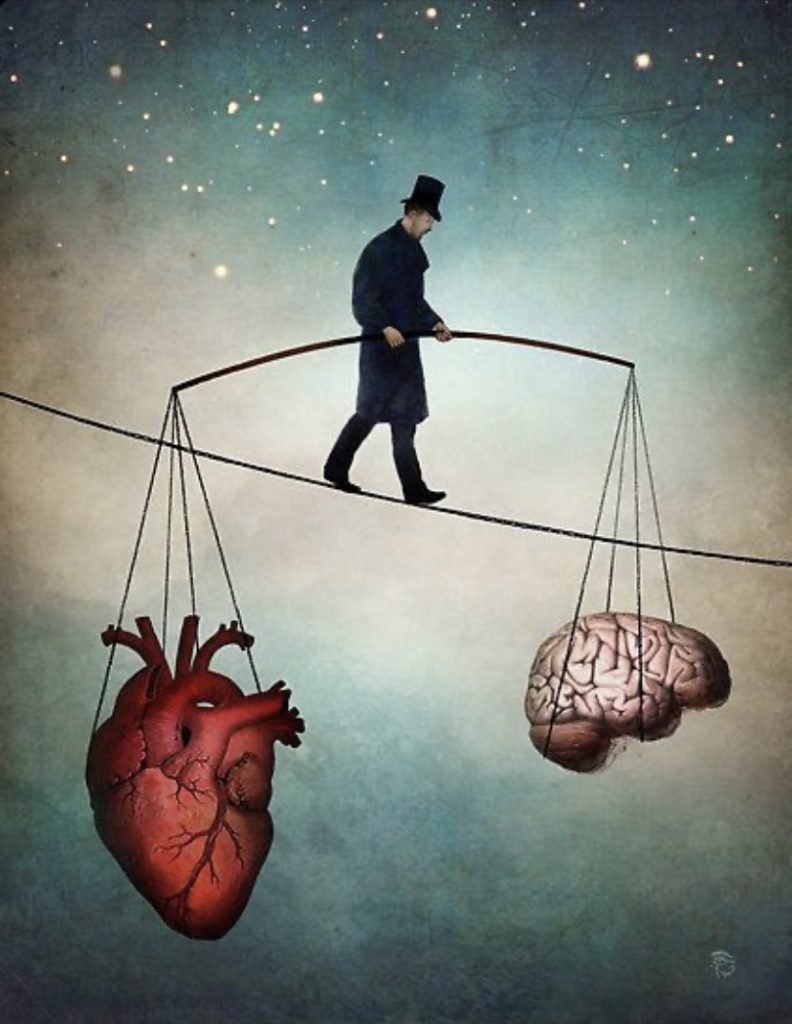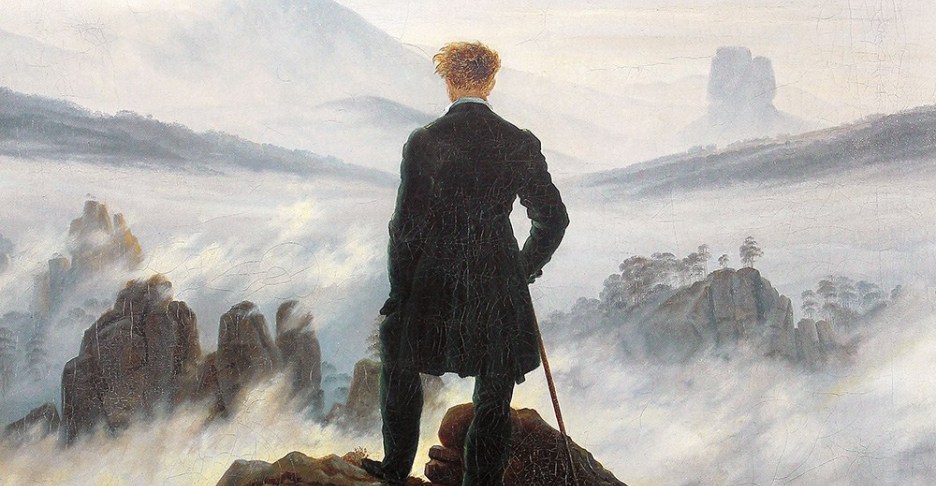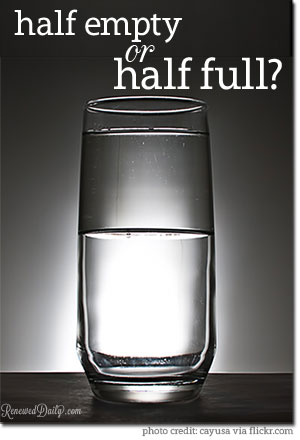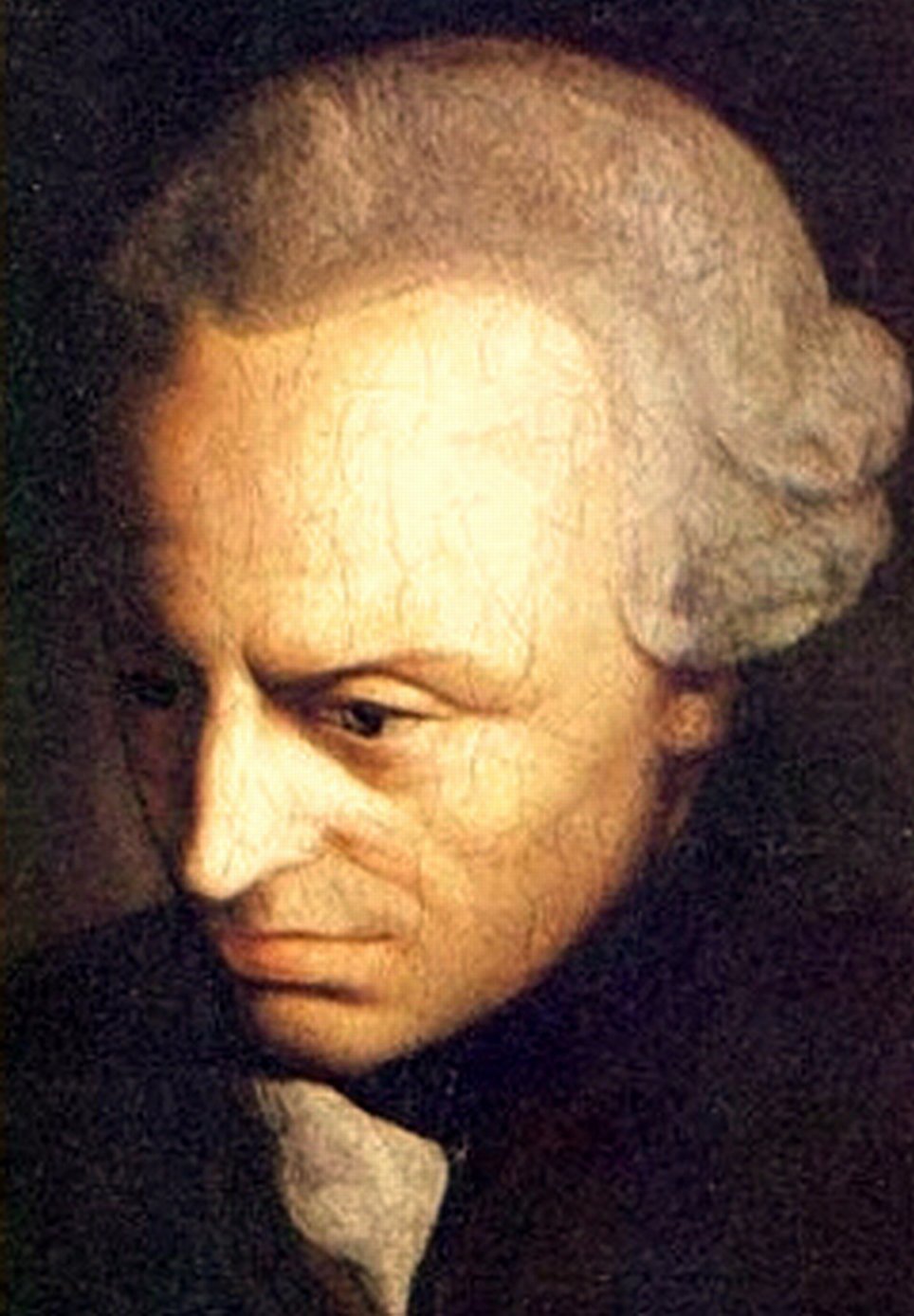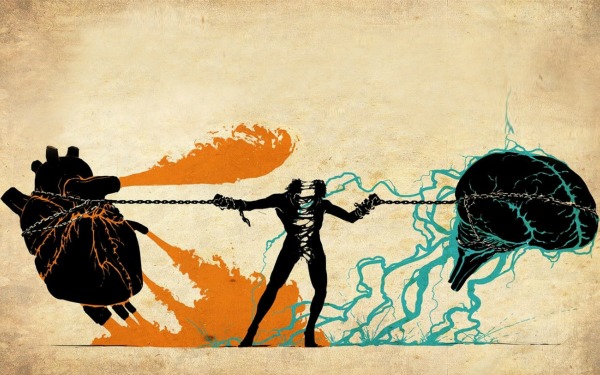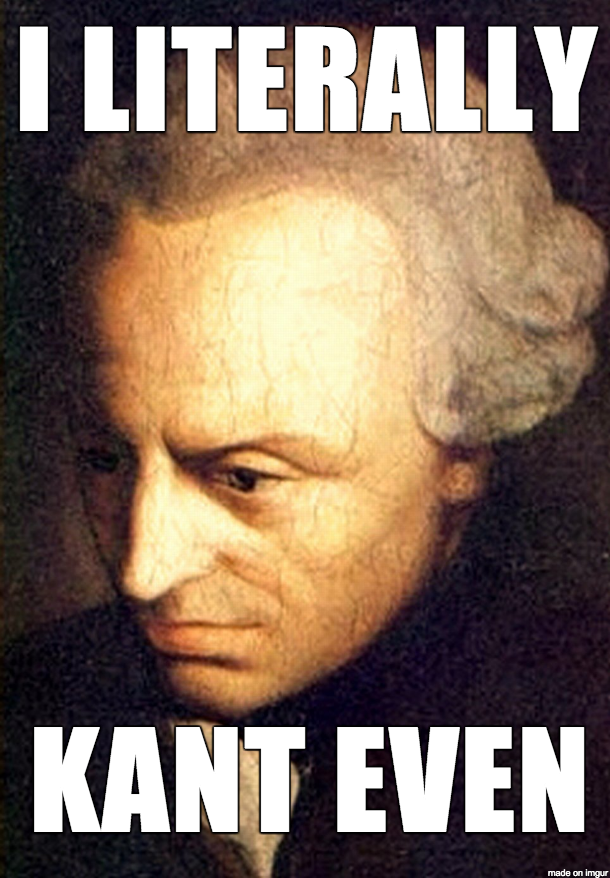I agree with Romanticism ideals of life, but with an appreciation for empiricism. I feel that is social media and other interactions today people have an interesting relationship to Romanticism. Many people are writing “slice of life” comics, and often discuss the small things in life. I believe that our society’s focus on STEM fields has drawn people to appreciate Romantic values and ideals as we are connected in society. However, the STEM influences allow people on some levels to appreciate the science and other technical values in our daily life. Although I enjoy a Romantic perspective as Enlightenment ideals are too cold for me, and Romanticism leads me to enjoy my life daily and with calmer actions than the anxiety caused by Enlightenment ideals.
I have started to notice Romantic values within a society that I had not noticed before, especially in social media. People are documenting their lives, but instead of analyzing it in an Empirical sense they are documenting for emotions and memories with other people. This appreciation for their lives and the technology to remember what was around them with such ideals is something I never noticed people really did before this class. People embody both Enlightenment tendencies and Romantic ideals through the combination of STEM and the connectedness we have through technology.
I hardly had any idea what Romanticism and the Enlightenment were before this class, so the most important takeaway for me is the Romantic ideology. The concept of feeling emotions so intensely, both the ups and the downs, is something I have always admired, but I had no idea it was an entire ideology. I want to take that ideology with me as I move forward to new classes and with my own future.
Also I have no idea if anyone else played this as a child but I haven’t been able to stop thinking about this since we saw the rainbow video in class because I did not know the app was influences by it until now: https://youtu.be/HOGqMdzCe0s

